-
What Are the Consequences of Getting a DUI?
Everyone makes mistakes from time to time. However, the consequences of making a mistake as severe as drunk driving can have lifelong implications. If you’ve been charged with a DUI, you should contact a DUI lawyer near Baltimore promptly. Police officers and prosecutors treat DUI cases very seriously and typically seek the maximum penalties for offenders. A DUI lawyer in Glen Burnie can negotiate for a reduction of charges and lessened penalties to help you get back on your feet quickly.
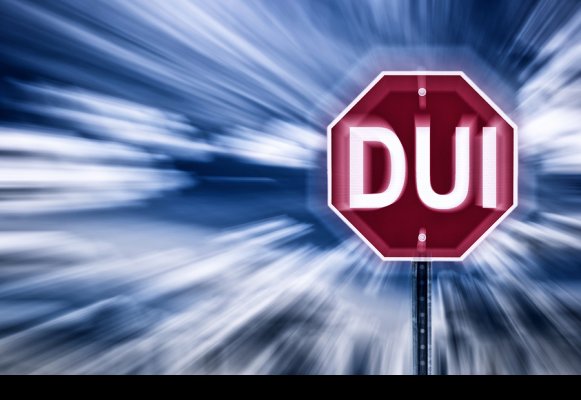
Jail Time
When you consult a DUI attorney, he or she can help you understand the potential penalties involved with a conviction. In Maryland, first-time DUI offenders may be sentenced to up to a year in jail. For a second offense, you’ll face a mandatory five-day sentence. However, that’s only the minimum jail term. You could be sentenced to up to two years. If you’re convicted of a third DUI offense, you’ll face up to three years behind bars.
Fines
When you consult a DUI law firm, one of your primary concerns may be the high cost of a DUI conviction. As your DUI attorney can explain to you, the court may impose certain fines on you if you’re convicted. For example, a first-time offender may be ordered to pay up to $1,000; a second-time offender up to $2,000; and a third-time offender up to $3,000. However, there are many other costs related to a DUI conviction, such as higher insurance premiums, alcohol counseling costs, and license reinstatement fees—to name just a few.
License Revocation
Your DUI attorney will fight against the possible revocation of your license. However, if you’re convicted, it’s entirely possible that you’ll lose your license for a period of time. First-time offenders can have their license revoked for six months and have 12 points on their license. For a second conviction, you could lose your license for a year, followed by a period of time with an ignition interlock device. A third DUI conviction in Maryland involves the revocation of your driver’s license for 18 months.
-
FAQs and Answers About Maryland’s DUI-Related AEP Requirements
Maryland’s Alcohol Education Program, or AEP, is a rehabilitation initiative for people who have been convicted of DUI or DWI. If your attorney in Baltimore advises you to attend one of these programs as a result of your court case, here is a look at what you need to know.

What exactly is the AEP?
Maryland’s AEP is a 12-hour class designed to educate people about alcohol use and abuse as well as the risk of driving while intoxicated. It is frequently required for people who have been convicted of DUI or DWI before they can regain their licenses. In some cases, a 12-hour AEP program is recommended by the court in lieu of jail time or other penalties, especially for a first offense. If the court has identified you as an alcohol abuse or alcohol dependent, you may be required to take a longer program than the 12-hour AEP.
What are some reasons I may need to take the AEP?
You could be referred to the AEP on the recommendation of a district court judge or by an administrative law judge from the Office of Administrative Hearings. If your license was revoked because of an alcohol-related offense, you will be referred to the AEP when you apply to have your license reinstated. Your lawyer may request that you be referred to the AEP as well to reduce some of the other potential punishments associated with your DUI or DWI conviction.
What are the consequences of not attending the AEP?
When you are referred to the AEP, you must begin the class within 90 days of your referral. If you do not, then you will receive a letter telling you that you are required to surrender your license to an MVA location. You will need to complete the course before you can get your license back. If you were instructed to attend the AEP in lieu of another punishment, the court may enforce that punishment instead.
If you are in need of a DUI defense attorney, contact Jack J. Schmerling Attorney at Law today!
-
How to Deal with a DUI or DWI, From Start to Finish
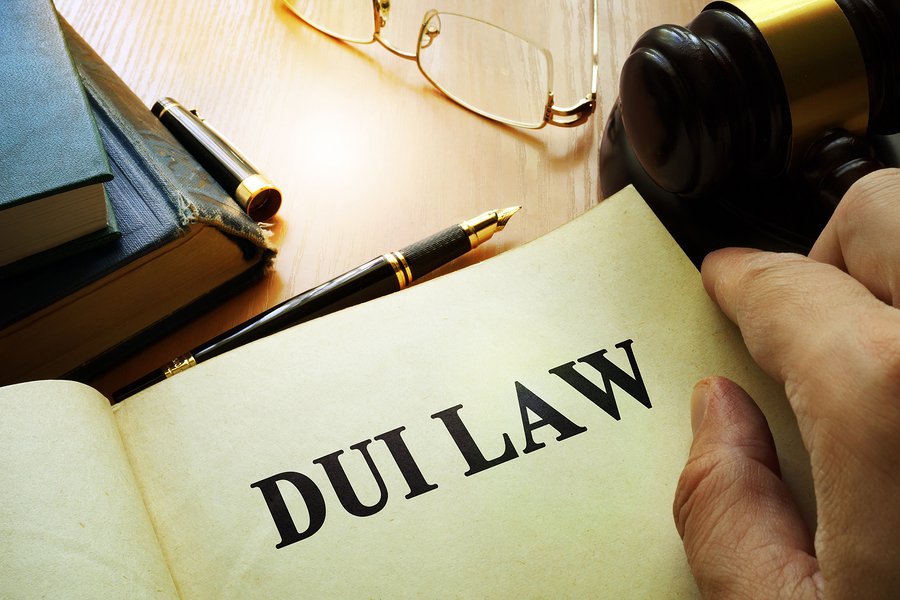
It’s a very difficult situation if you find yourself or a loved one arrested for a DUI (driving under the influence) or DWI (driving while intoxicated). While it’s a situation that no one wants to find themselves in, unfortunately, it can happen. While it’s vital to make sure you seek counseling and therapy throughout the entire process to make sure you’re dealing with it properly, it’s also important to take care of the legal aspects, which can be very daunting. To help make an already difficult time easier, Jack J. Schmerling is here to provide advice on how to proceed after a DUI or DWI.
What To Do After a DUI or DWI
Police officers can generally use three methods to determine if you’ve had too much to drink. They can observe you and pull you over if your driving is suspicious; they can ask you to perform a sobriety test, such as performing balance or speech tests; or they can also measure your blood-alcohol level. You can refuse taking a chemical test at a DUI or DWI stop, but this generally means implied consent. This states that refusal could lead to suspension of your license for between 3 to 12 months, even if you’re eventually found not guilty. Do note that if the case goes to trial, this could lead jury members to believe you refused because you actually were intoxicated or under the influence.
Sometimes you’ll have to appear for an arraignment, a court appearance where you’re formally charged and asked to respond by entering a plea. You’ll be asked to plead either guilty or not guilty. Having an attorney at this stage is usually unnecessary; you can always change your plea later. You can usually insist on a jury trial as well, and you should deny convictions so your attorney can challenge their validity later.
It’s difficult to defend a drunk driving charge, since it involves a keen understanding of scientific and medical concepts. Hiring a lawyer who has a specialty in these cases is paramount to making sure you receive effective legal counsel. If the police don’t have physical evidence, it’s possible an attorney could plea your case to what’s called a “wet reckless”; while it doesn’t sound as bad as a DUI, it tends to carry the same fines and penalties.
After being released, your options include pleading guilty, asking for a trial before a judge, or trying to plea bargain. Consulting with your lawyer is strongly recommended. You will understand if it’s best to fight the charge or plea bargain, and much of this depends on your recorded blood alcohol level. No matter what route you want to take, getting an attorney is in your best favor to make sure you can navigate the legal field of life after a DUI or DWI.
How Do I Proceed?
To help you proceed in the difficult time after you or a loved one has been charged with a DUI or DWI, please get in touch with us at Jack J. Schmerling, Attorney at Law. Throughout Glen Burnie, MD, we’re available for legal counsel. For a free evaluation, call us today at (410) 988-4956.
-
Will Noah’s Law Affect You?
DUI laws often change, but a lawyer in Baltimore can inform you of any legal changes that could affect the outcome of your drunk driving case —such as Noah’s Law. As this featured video explains, Noah’s Law was named in honor of police officer Noah Leotta, who was struck and killed by an impaired driver in 2015. Noah’s Law went into effect in October 2016.
The law sets stricter penalties for individuals convicted of DUI. For a first-time offense, they are required to use an ignition interlock device for six months. A second offense results in one year, and three offenses or more result in three years. Noah’s Law also increases the amount of time drivers will have their licenses suspended for impaired driving.
-
Property Damage Claims: What Car Crash Survivors Need to Know
After surviving a car accident, residents of the Baltimore area will have plenty of paperwork to deal with. Hiring an injury attorney is an effective strategy to ensure you get every cent you’re entitled to. Even if you don’t file a lawsuit, your lawyer can coordinate your property damage claim, and tell you if the insurance company isn’t offering a fair settlement. Before filing the paperwork, you’ll need to assess the total value of your losses .
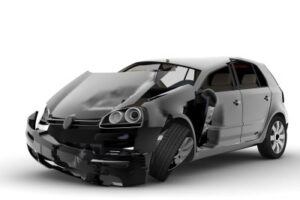
Car Accessories
Your car will likely be the greatest financial loss, especially if it was declared a total loss. The loss of your car is covered under the auto damage portion of the claim. It includes damage to any items that are considered part of the car, such as your car stereo. Non-auto property damage is listed separately, and it can include car accessories like a GPS system, spare tire, or child safety seat. Know that child safety experts recommend replacing child safety seats after each moderate to severe accident—even if the seat doesn’t show signs of damage.
Wearable Items
The items you’re wearing at the time of the car accident can be surprisingly valuable. Even if you weren’t wearing designer clothes that sustained damage, you may have been wearing eyeglasses, a hearing aid, or dentures. If you need to repair or replace these items, you can request compensation for them.
Personal Belongings
Anything you tossed on the passenger seat or backseat can become airborne during a car accident. Since personal belongings like laptops weren’t designed to survive a short flight, they’ve likely sustained damage. Before filing your claim, carefully check for damage to items like cameras and cellphones.
Documented Evidence
Your lawyer will ask you for evidence of the damage. Photos will typically suffice. If the damage isn’t visibly apparent, you may need to take the item to an expert. For example, a computer repair specialist could provide a notarized statement to prove that your laptop is no longer functional. Items that are difficult to put a price on may need to be professionally appraised.
-
What Really Happens During a Personal Injury Jury Trial?
After filing a car accident lawsuit in the Baltimore area, your injury attorney and the counsel for the defendant will likely negotiate a settlement. Most accident injury lawsuits are settled out of court. You’re not obligated to accept a settlement offer, of course, but if you do, it means you’ll accept a sum of money in exchange for dropping the lawsuit. If a settlement arrangement doesn’t work out, your lawyer will talk you through each step of the trial process.
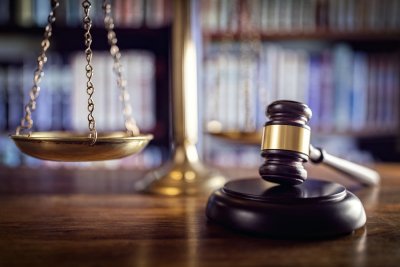
Jury Selection
The first stage of a personal injury trial is the selection of the jurors. This is the process by which potential jurors are questioned about matters that might unfairly influence the verdict, such as their ideological beliefs, affiliations, and past experiences. The judge will have the opportunity to ask questions. Both parties have a limited number of challenges that they can use to dismiss certain jurors.
Statements
When the trial starts, your injury attorney and the lawyer for the defendant will make opening statements. These are brief, oral arguments that do not involve presenting physical evidence or questioning witnesses. Similarly, toward the end of the trial, both attorneys have the opportunity to make closing statements, which are final arguments.
Evidence
The main phase of the trial is the questioning and cross-examination of witnesses. The attorney for each party has the opportunity to call witnesses to the stand and question them under oath. After an attorney has questioned his or her own witness, the other attorney can question that witness in a process called cross-examination. Afterward, the first attorney may decide to question his or her witness again. This is known as re-direct examination, and it’s an opportunity to try to correct any problems that may have developed during the cross-examination. During the questioning of witnesses, the attorneys can also introduce physical evidence, such as medical records, photographs, or surveillance footage.
Jury Deliberation
Once all the witnesses have been questioned and the attorneys have made their closing arguments, the judge issues instructions to the jury. The jurors go to a private area for deliberation. This is a process that allows the jury to discuss the case and the evidence, and vote on a verdict. Jury deliberation may be very quick, lasting only an hour or two, or it may go on for days or weeks. If the jury does not find in your favor, you may decide to talk to your attorney about filing an appeal.
““
-
Common Questions About Insurance and DUI Convictions
Getting arrested on suspicion of drunk driving is a serious matter. A DUI conviction can lead to many more problems than simply a fine and some time behind bars. If you’re convicted, you could face long-term consequences, including higher insurance rates and problems finding a job due to your criminal record. It’s in your best interests to get in touch with a DUI lawyer in Baltimore as quickly as possible. Remember not to answer any of the police officers’ questions about your alcohol use until you speak with a lawyer.
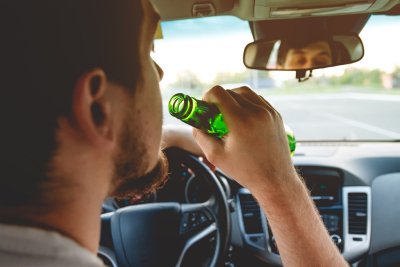
What insurance problems may occur after a DUI conviction?
It’s common sense that your motor vehicle insurance premiums would increase considerably after a DUI conviction. After all, drunk drivers are often repeat offenders, and having this type of criminal history substantially increases the risk of a major car wreck. Some people convicted of DUI find that their current auto insurance carrier refuses to renew the policy, forcing them to look elsewhere for a company that will accept a questionable driving history. But beyond auto insurance, DUI convictions can have an impact on other insurance policies, such as life insurance. After a DUI conviction, you may have a hard time finding a life insurance carrier that will insure you. If you do, you can expect to pay high premiums.
Why do life insurance companies care about my criminal record?
Life insurance companies care about your DUI conviction because it speaks to your overall health and safety. They know that drunk drivers are likely to be repeat offenders, which means there is a possibility that you will die in an alcohol-related crash before a term life policy expires. Drunk drivers are also considered to be risk-takers who may be more likely than the average person to engage in other dangerous behaviors. Furthermore, convicted drunk drivers are more likely than the average person to have existing health problems that may shorten life expectancy, such as cirrhosis or liver cancer.
What about life insurance policies that don’t require a medical exam?
Many convicted drunk drivers assume that life insurance policies that do not require a medical exam will extend coverage at a reasonable premium. However, even if a carrier doesn’t require an exam, it will still check your DMV record.
-
Maryland’s New DUI Law
Maryland lawmakers passed the Drunk Driving Reduction Act of 2016 just a few short months ago. It increases the penalties for individuals convicted of driving under the influence (DUI). This means that if you are pulled over for drunk driving, it’s even more important to contact a DUI attorney in Baltimore. The law, which went into effect last October, mandates that every person convicted of DUI is required to install an ignition interlock device in his or her vehicle. This device prevents the vehicle from starting if it detects alcohol in the individual’s breath. It also periodically requires drivers to retest their breath at random intervals during each trip.
The Drunk Driving Reduction Act of 2016 was nicknamed “Noah’s Law” in memory of Noah Leotta. Noah was a Montgomery County police officer who was killed in December 2015 during a routine traffic stop. It was a repeat DUI offender who struck and killed Noah. Drivers pulled over on suspicion of drunk driving should be aware that Noah’s Law also applies to them if they refuse a chemical test during a traffic stop.
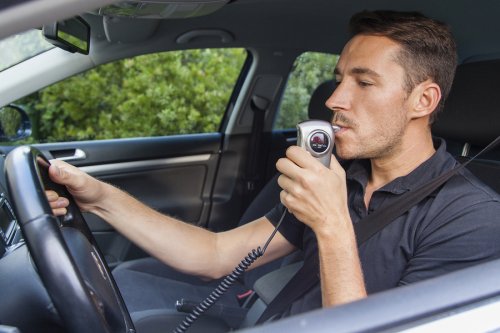
-
Do’s and Don’ts to Know After a Drunk Driving Arrest
Being arrested for a DUI can have serious repercussions, but the steps you take in the immediate aftermath of your arrest can have important implications for your case. The first step is to call an attorney in Baltimore with experience in DUI cases. If you find yourself facing a DUI arrest, these do’s and don’ts will help you protect your rights and mitigate the fallout.
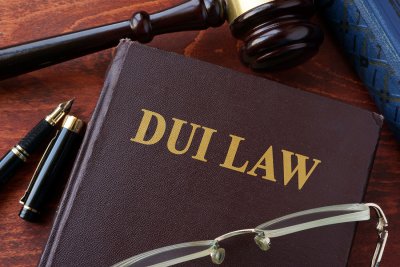
Don’t Discuss Your Case
After an arrest, most people know that they shouldn’t discuss their case with the police without an attorney present. What many people don’t realize is that you shouldn’t discuss your case with anyone except your lawyer until it has been settled. Giving details about the circumstance of your arrest and your actions leading up to it could end up being harmful to your case if you say something incriminating that is repeated to prosecutors or the police. Keep all of the details of your case between you and your attorney until it has concluded.
Do Work Closely with Your Attorney
You and your attorney will need to work hand-in-hand on preparing your defense. In the aftermath of your arrest, it can be helpful to write down everything you can remember about your arrest, including details about your interactions with the arresting officers, what kind of instructions they gave you, and how your sobriety test was conducted. This information will help your attorney determine if your arrest was legal and if your rights were violated in any way. Throughout your case preparation, provide your attorney with any information that is requested as quickly as possible, and attend all meetings and court dates.
Don’t Drive on a Suspended License
If your license is suspended after your DUI, do not drive. If you are caught, the consequences can be severe and may include significant fines, additional license suspension time, and incarceration. Your attorney can help you negotiate with the court to get permission to drive for necessary trips, such as to work or to pick up your children from school.
-
How a DUI Charge Can Affect Your Employment
You may already know that a charge of driving under the influence (DUI) can lead to jail time, substantial fines, and suspension of your driver’s license. But you might not have considered the effect that having a criminal record can have on your employability. If you’ve been charged with DUI, it’s vital that you consult a DUI lawyer near Baltimore immediately. Your DUI attorney can get right to work on your case and provide guidance through each step of the process.
One way your DUI attorney can help you is by representing you during your arraignment, at which point you may be released on your own recognizance or released on bail. Being released is of course preferable, since you might not care to explain to your employer that you’ll need to miss work indefinitely while you await the resolution of a criminal case. Your DWI lawyer will also work to get the charges reduced or dropped if possible, or to argue for your acquittal in court. Otherwise, if you are convicted, your employer could decide to fire you. In fact, many employers have mandatory firing policies that apply to employees with criminal convictions. A DUI conviction might also result in the loss of your professional license and it will significantly diminish your chances of landing a new job.
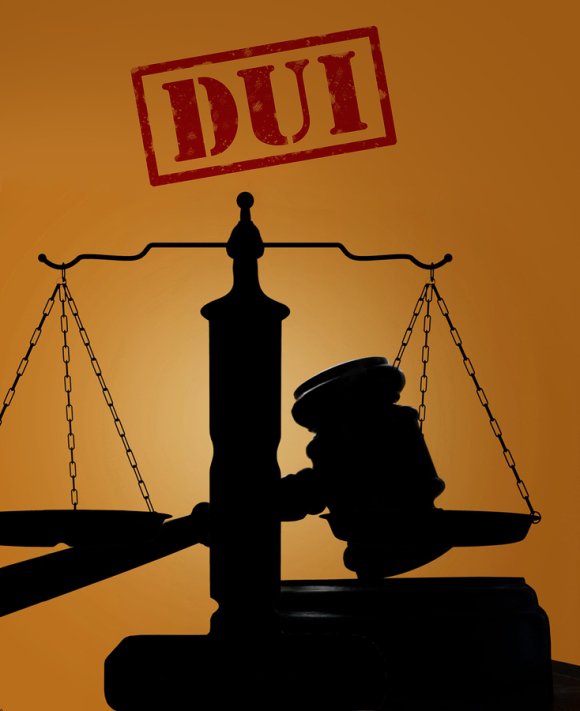
““
RECENT POSTS
categories
- Uncategorized
- Worker's Compensation
- Attorney Fees
- Auto Accident Injury Whiplash
- Attorney Review
- Personal Injury
- Social Security Disability
- DUI
- Workplace Injuries
- Auto Accident
- Workers Compensation Claims
- Permanent Disability
- Infographic
- Drunk Driving
- Wrongful Death
- Works in Maryland
- Uninsured Motorists
- Motorcycle Crashes
